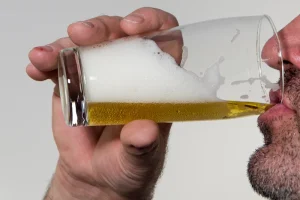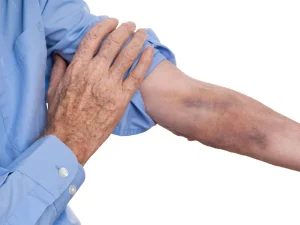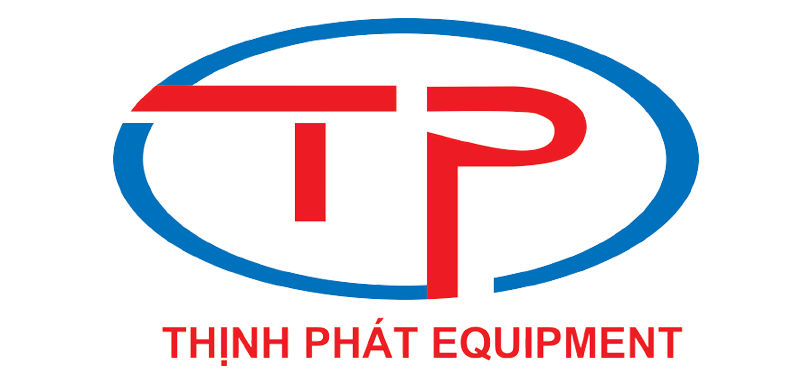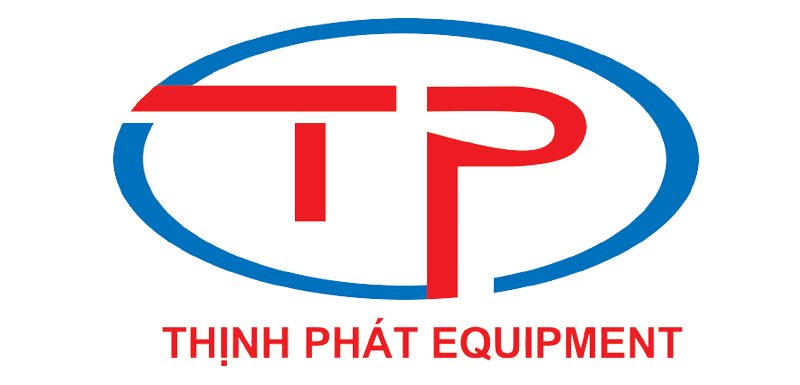Dry Drunk Syndrome: Definition, Symptoms and Treatment

Complacency is not only a characteristic of dry drunk syndrome but also a warning sign of potential relapse. Active recovery requires continuous progress, regardless of the pace. Zinnia Health provides specialized Drug & Alcohol Rehab Centers, ensuring each individual receives the comprehensive care they deserve. With a blend of professional expertise and compassionate support, Zinnia Health is committed to guiding you or your loved ones through this journey.
What Is a Dry Drunk? Understanding the Definition, Symptoms & Behavior
Excessively using nicotine or caffeine may seem better than using alcohol, but the underlying cause of addiction remains unaddressed. Later, psychiatrists and addiction specialists added their own twists to the definition, but generally agreed it’s part of recovery as a whole. If you’re looking for treatment, please browse the site to reach out to treatment centers directly.
Dry Drunk Behavioral Patterns
Finally, engaging in healthier activities such as exercise, mindfulness practices, or creative hobbies can help to reduce stress and improve overall mental wellness. If the symptoms of dry drunk syndrome are related to post-acute withdrawal syndrome2, this can last for weeks or months. These protracted or prolonged withdrawal symptoms are similar to mood disorders. Around 75% of people2 recovering from an alcohol use disorder may experience PAWS symptoms. Medications, behavioral therapies, and treatment for co-occurring disorders can help someone deal with the symptoms of PAWS. Overcoming the challenges of dry drunk syndrome often necessitates more than just personal determination and support from loved ones.
Dry Drunk Signs
This mindset fosters destructive, self-centered thoughts, increasing the risk of relapse. It’s essential to ensure that, post-rehabilitation, there’s a support system in place. Regular therapy sessions, joining support groups, and even informal check-ins with loved ones can make a massive difference. This is why we strongly recommend that individuals never attempt to undergo withdrawal on their own without proper medical support. During withdrawal, the individual will often experience uncomfortable, flu-like symptoms including fatigue, body pain, headaches, nausea, and sleeplessness. Other, more dangerous outcomes can also occur during withdrawal, including delirium tremens, a brain condition that can lead to coma or death.
How To Talk To An Alcoholic?

It still isn’t included in DSM, nor is it mentioned in the International Classification of Diseases (ICD-11). This state of affairs raises a lot of questions concerning the diagnosis of alcohol protracted abstinence problems. Ask your partner out for regular date nights, get more involved with any kids in your life, find fun activities to do with friends that don’t involve drinking. If a person does relapse, they should remember that relapse can be a normal part of recovery. A person in recovery should also try to focus on the progress that they have made so far. Relapse is something to regard as a temporary setback rather than a failure.
- Even the people who you alienated before you quit drinking may welcome the opportunity to spend time with you.
- Warped expectations that characterize virtually every alcoholic and drug addict feed this impulsiveness.
- Other factors that can affect the severity of dry drunk syndrome include an individual’s age and gender, according to the University of Wisconsin Health.
October Road Opens Outpatient Treatment Program in Stokes County, North Carolina
You’ll learn new skills, accept your emotions, and explore ways to better yourself. Often a person who has PAWS or dry drunk syndrome hasn’t made behavioral or emotional changes or has started to regress to old ways of thinking. These conditions are dangerous because dry drunk syndrome can easily trigger an alcohol relapse if not appropriately managed.

For Treatment Providers
Someone who’s not yet worked through these issues can be easily irritated or fast to get angry. They may become defensive and justify themselves quickly, and they may appear disengaged or like they lack motivation. Dry drunk syndrome is a term used colloquially within the recovery community to describe a constellation of symptoms experienced by individuals in early recovery from addiction. Addressing these challenges requires comprehensive treatment that focuses on addressing underlying psychological, emotional, and social factors contributing to dry drunk syndrome. Based on this definition, the symptoms of “dry drunk syndrome” may constitute a relapse, even if the person doesn’t drink. Both perspectives serve to distance the individual from those around them, suggesting that they are different and that normal rules don’t apply.
- Connecting with other sober people and establishing healthy routines can help as well.
- You may go to reconnect with old friends or another part of yourself.
- Individuals who notice symptoms of alcohol PAWS should contact their doctor or rehab center immediately.
- As these feelings grow, they can lead to a mindset of separation from others, feeling misunderstood or isolated.
- Dry drunk syndrome can cause those feelings, affecting your work, school, and daily interpersonal life.

By addressing these underlying causes, you can significantly reduce the likelihood of experiencing dry drunk syndrome. Engaging dry drunk syndrome in recovery without a support system can leave you vulnerable to negative thought patterns and behaviors. We Level Up rehab treatment & detox center can provide you, or someone you love, the tools to recover from alcoholism with professional and safe treatment.
Organizations That We Support
Individuals struggling with dry drunk syndrome may maintain strained relationships with their loved ones, and be frustrated that they don’t feel as well as they expected during their sobriety. These individuals still suffer from their unhealthy habits, both internally and externally. Even though they are sober, the individual has not dealt with the emotional distress Sober living house and baggage that led them to alcohol in the first place. Recognizing dry drunk syndrome is essential for timely intervention and support. The condition manifests through a range of emotional, behavioral, and cognitive symptoms. Symptoms can vary but are similar to those experienced by individuals suffering from addiction or alcoholism.



